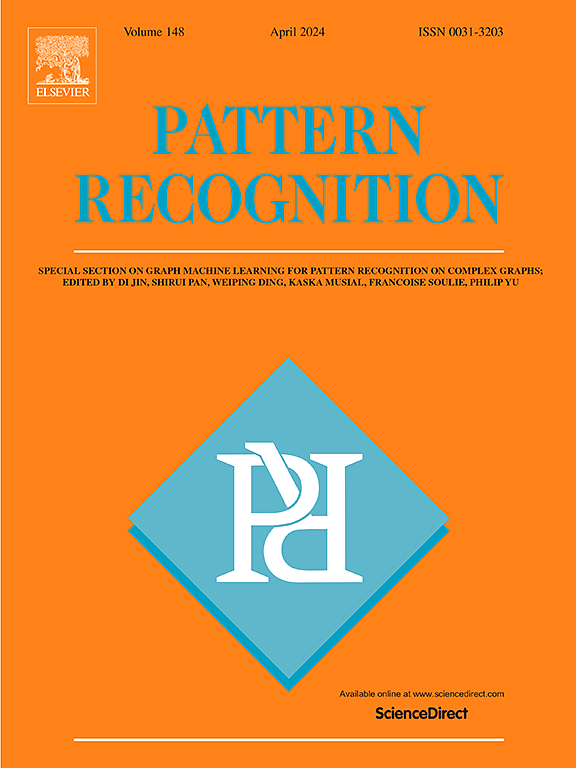使用元素散列排名的保护隐私扬声器验证系统
IF 7.5
1区 计算机科学
Q1 COMPUTER SCIENCE, ARTIFICIAL INTELLIGENCE
引用次数: 0
摘要
说话人自动识别技术的进步促使人们开始探索用于验证系统的语音数据。这引发了人们对以明文存储语音模板的安全性的担忧。在本文中,我们提出了一种无需用户管理随机矩阵或令牌的新型可取消生物识别技术。首先,我们对原始语音数据进行预处理,并将其输入深度特征提取模块以获得嵌入信息。接下来,我们提出了一种散列方案--"元素排序"(Ranking-of-Elements),通过记录值小于随机元素值的元素数量来生成紧凑的散列代码。这种方法能从数值较小的元素中获取更多信息,并防止对手通过记录多重性攻击猜测排名值。最后,我们引入了一种模糊匹配方法,以减少环境噪声造成的模板变化。我们在两个数据集上评估了我们方法的性能和安全性:TIMIT 和 VoxCeleb1。本文章由计算机程序翻译,如有差异,请以英文原文为准。
Privacy-preserving speaker verification system using Ranking-of-Element hashing
The advancements in automatic speaker recognition have led to the exploration of voice data for verification systems. This raises concerns about the security of storing voice templates in plaintext. In this paper, we propose a novel cancellable biometrics that does not require users to manage random matrices or tokens. First, we pre-process the raw voice data and feed it into a deep feature extraction module to obtain embeddings. Next, we propose a hashing scheme, Ranking-of-Elements, which generates compact hashed codes by recording the number of elements whose values are lower than that of a random element. This approach captures more information from smaller-valued elements and prevents the adversary from guessing the ranking value through Attacks via Record Multiplicity. Lastly, we introduce a fuzzy matching method, to mitigate the variations in templates resulting from environmental noise. We evaluate the performance and security of our method on two datasets: TIMIT and VoxCeleb1.
求助全文
通过发布文献求助,成功后即可免费获取论文全文。
去求助
来源期刊

Pattern Recognition
工程技术-工程:电子与电气
CiteScore
14.40
自引率
16.20%
发文量
683
审稿时长
5.6 months
期刊介绍:
The field of Pattern Recognition is both mature and rapidly evolving, playing a crucial role in various related fields such as computer vision, image processing, text analysis, and neural networks. It closely intersects with machine learning and is being applied in emerging areas like biometrics, bioinformatics, multimedia data analysis, and data science. The journal Pattern Recognition, established half a century ago during the early days of computer science, has since grown significantly in scope and influence.
 求助内容:
求助内容: 应助结果提醒方式:
应助结果提醒方式:


